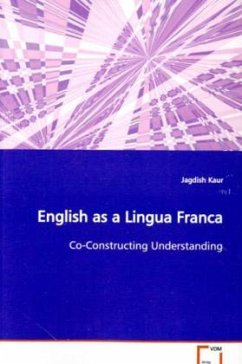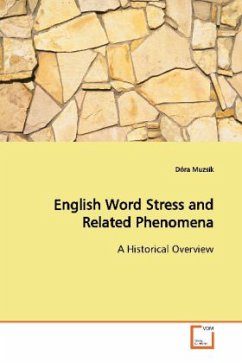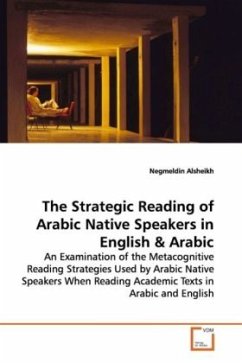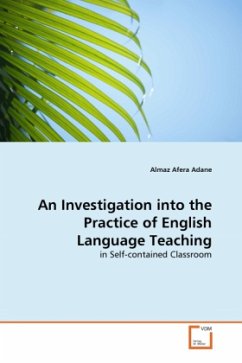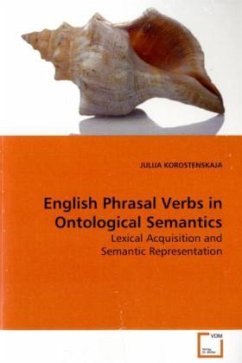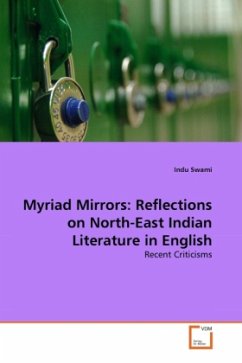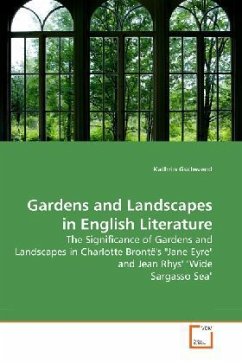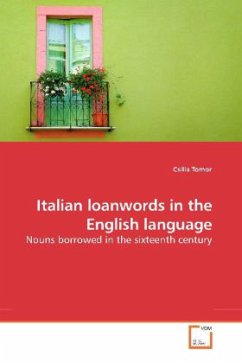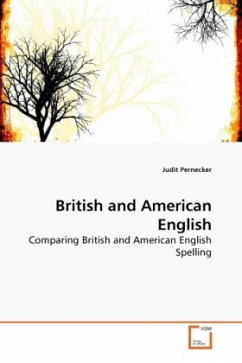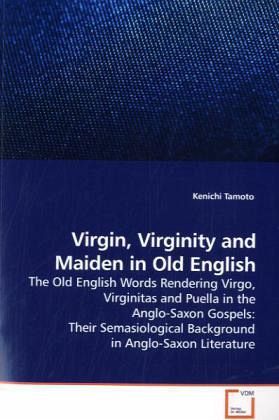
Virgin, Virginity and Maiden in Old English
The Old English Words Rendering Virgo, Virginitas and Puella in the Anglo-Saxon Gospels: Their Semasiological Background in Anglo-Saxon Literature
Versandkostenfrei!
Versandfertig in 6-10 Tagen
79,00 €
inkl. MwSt.

PAYBACK Punkte
0 °P sammeln!
The present work contains etymological and semasiological researches into the terms for Latin virgo, virginitas and puella which were employed by the glossators of the Lindisfarne Gospels and the Rushworth Gospels, and by the translator of the OE Gospels. The OE words used to express those concepts in those glosses and translation are hehstald, hehstaldhad, hehstaltnisse, fæmne, fæmnhad, and mæden. By a profound study of all the relevant instances registered in the MCOE, and by comparing terminological features in the Anglo-Saxon Gospels with those in other texts, the following conclusions ...
The present work contains etymological and semasiological researches into the terms for Latin virgo, virginitas and puella which were employed by the glossators of the Lindisfarne Gospels and the Rushworth Gospels, and by the translator of the OE Gospels. The OE words used to express those concepts in those glosses and translation are hehstald, hehstaldhad, hehstaltnisse, fæmne, fæmnhad, and mæden. By a profound study of all the relevant instances registered in the MCOE, and by comparing terminological features in the Anglo-Saxon Gospels with those in other texts, the following conclusions are drawn. It seems that choice of words as the terms for those concepts is a matter of an individual or a school , as well as that of dialect. Aldred, the glossator of the Lindisfarne MS, was responsible for the sense virgin of the word hehstald. He drew a sharp distinction between hehstald (for virgo) and mæden (for puella). Farman, one of the glossators of the Rushworth MS, chose fæmne for virgo. The translator of the OE Gospels used fæmne as the term for virgo, and mæden for puella. He is also unique in his terminological consistency.



